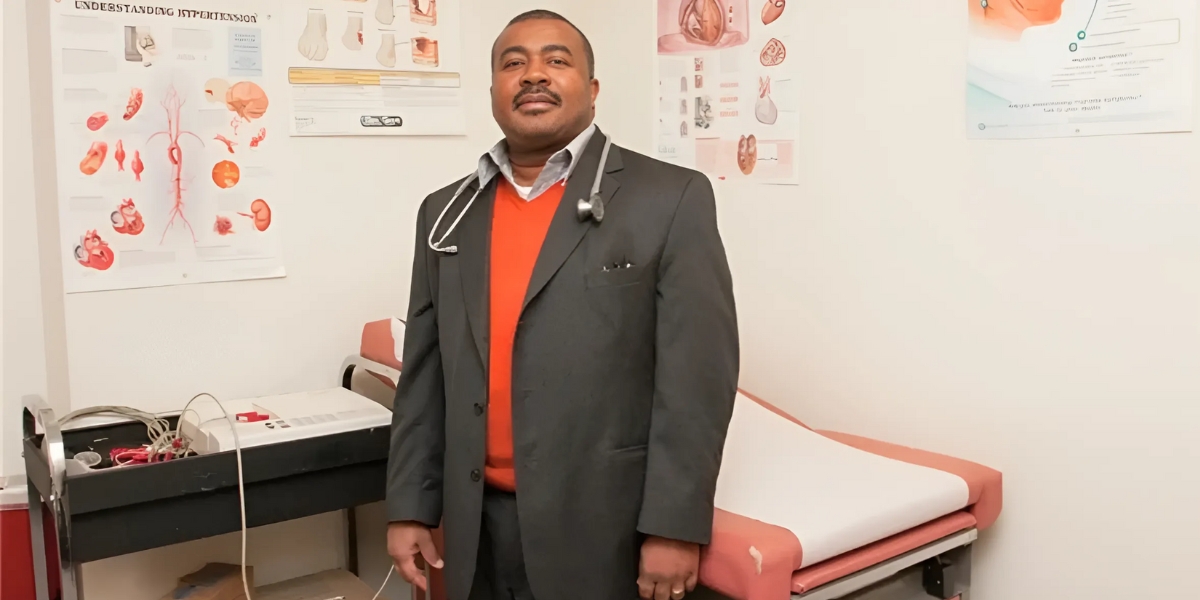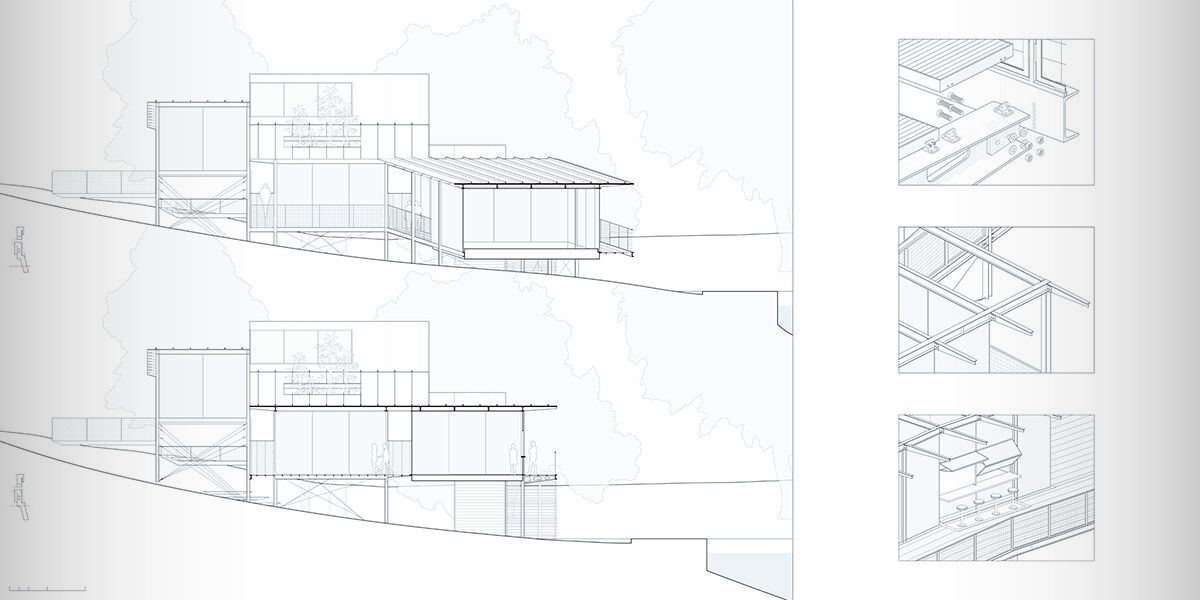In 2023, interest rates continue to significantly impact commercial real estate prices, particularly in the dynamic market of South Florida. One key factor that has come into play is the Federal Reserve’s quantitative tightening (QT) policy, which involves reducing the central bank’s balance sheet by selling bonds and other assets. Additionally, the rise in the Federal Funds rate and the challenges faced by maturing properties have added complexity to the market. To gain valuable insights into these factors, we spoke with Keith Rummel, a Multi-Family Consultant at Concrete Ventures, who specializes in providing strategic solutions for multi-family property investments.
Quantitative Tightening and Its Effects on Commercial Real Estate
Quantitative tightening is the process of reducing the central bank’s balance sheet by selling bonds and other assets. The Federal Reserve has been engaging in QT in 2023 to curb inflation and normalize monetary policy after years of quantitative easing. This policy has led to a rise in interest rates, as the central bank seeks to tighten credit conditions.
The Fed Funds rate, a benchmark for short-term interest rates, has increased by 75 basis points (BPS) in 2023, indicating a shift towards a tighter monetary policy. This rise in interest rates has implications for the commercial real estate sector, as higher rates can make borrowing more expensive, thereby reducing investment and slowing down the market.
Challenges for Maturing Properties
As interest rates rise, properties with loans nearing maturity may face difficulties in refinancing, leading to potential financial distress. Rummel explains, “Properties that were financed during the era of low-interest rates may now struggle to refinance at higher rates, which could put pressure on owners to sell or face potential default.”
South Florida’s Commercial Real Estate in 2023
Despite these challenges, South Florida remains an attractive market for commercial real estate investments due to its diverse economy, strong tourism industry, and business-friendly environment. The region has witnessed substantial growth in multi-family, retail, and industrial real estate sectors.
However, the tightening monetary policy and rising interest rates have added a layer of complexity to the market. Rummel points out that “The current interest rate environment and quantitative tightening have made it more important than ever for investors to be strategic and adaptable in their approach to the South Florida commercial real estate market.”
Navigating the Interest Rate Landscape and Maturing Properties
To succeed in South Florida’s commercial real estate market in 2023, investors and developers must understand and anticipate the effects of interest rate fluctuations, QT, and challenges faced by maturing properties. Rummel advises investors to “Monitor interest rate trends, economic indicators, and the Federal Reserve’s QT policy closely to make informed decisions about their investments.”
He also stresses the importance of working with an experienced multi-family consultant like those at Concrete Ventures. “In a market as competitive as South Florida’s, having a trusted advisor who understands the local market and can help navigate the complexities of interest rates, QT, and maturing properties is invaluable,” Rummel says.
Interest rates in 2023, the Federal Reserve’s quantitative tightening policy, and challenges for maturing properties continue to play a crucial role in determining commercial real estate prices in South Florida. To capitalize on opportunities in this dynamic market, investors and developers should monitor these factors, collaborate with an expert multi-family consultant like Keith Rummel, and adjust strategies as necessary. By doing so, they can make the most of the thriving South Florida commercial real estate market in 2023 and beyond.
To learn more about Keith Rummel, Click here.








